HVAC pros reveal the 7 costly mistakes homeowners always make in summer – they're making your bills skyrocket and reducing your AC's lifespan
They might seem innocuous enough, but they’re seriously costing you

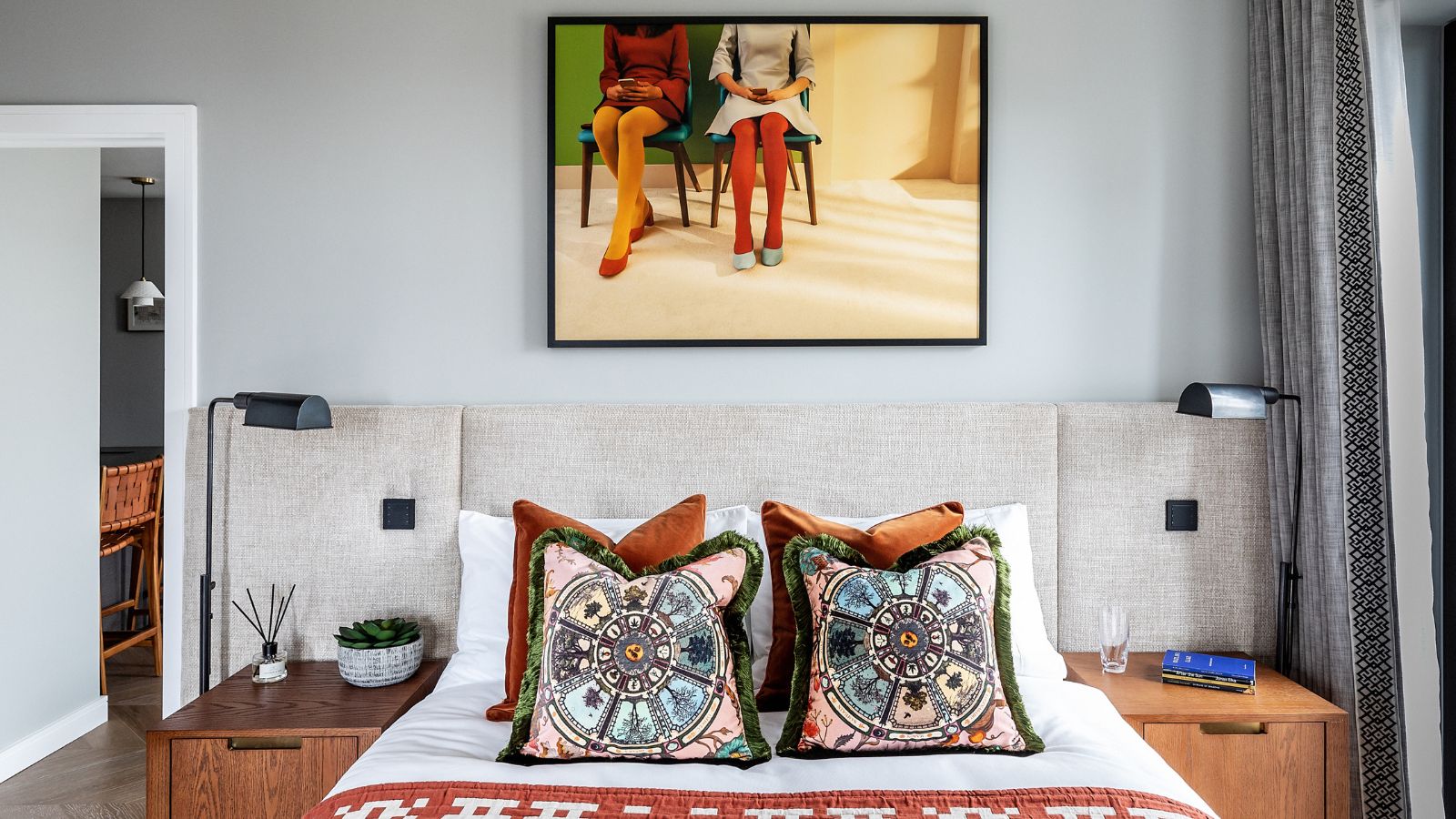
With the summer heat in full stride, your HVAC system has no doubt been the hero of the house. Be cautious, however – there are some common summer HVAC mistakes you might be making that are sending your energy bills soaring.
From careless use of appliances to poor system maintenance, seven habits can strain your system, increasing costs while shortening the life of your unit.
I talked to some HVAC professionals to learn more about the most common summer HVAC mistakes and how to avoid them, so you can keep a home cool this summer without burning through your budget.
7 summer HVAC mistakes
1. Cooling unused areas of the home
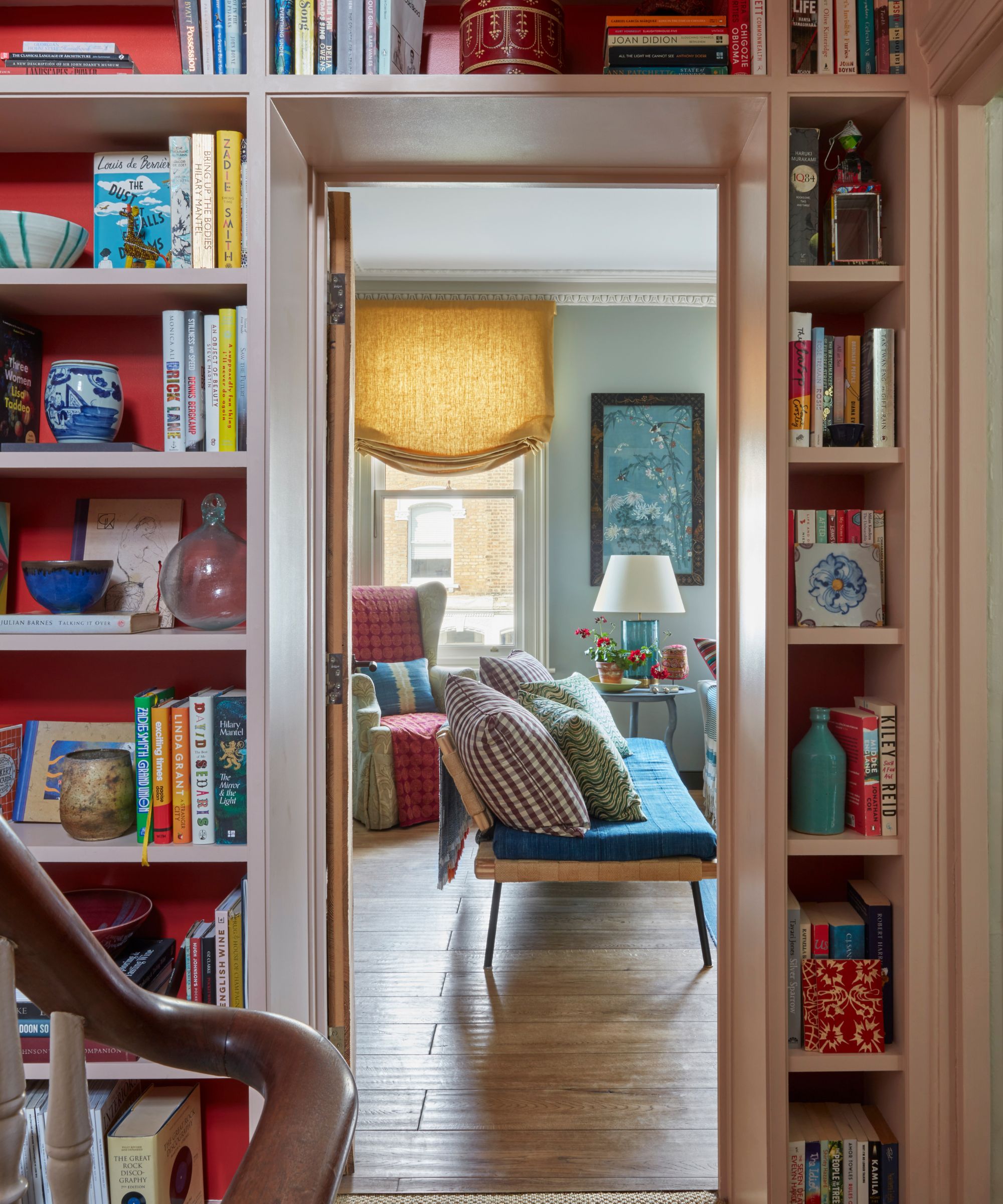
Block unused rooms to reduce cooling costs.
The fastest way to cool down a house is to focus on only the areas you use the most, such as living spaces and bedrooms – the smaller the area, the more efficient your HVAC system will be.
Dereck Granados, HVACR Instructor at Universal Technical Institute, begins, ‘Many people leave interior doors open, cooling rooms that no one’s using. Instead, close doors to rarely used rooms to focus cooling where it’s needed most. It’s a zero-cost, energy-saving trick.’ Remember to close external windows and doors, too.
If you have an open plan space, consider using the sheet hack to turbocharge cooling, splitting the space up into smaller zones while allowing for adequate ventilation.
2. Leaving curtains open
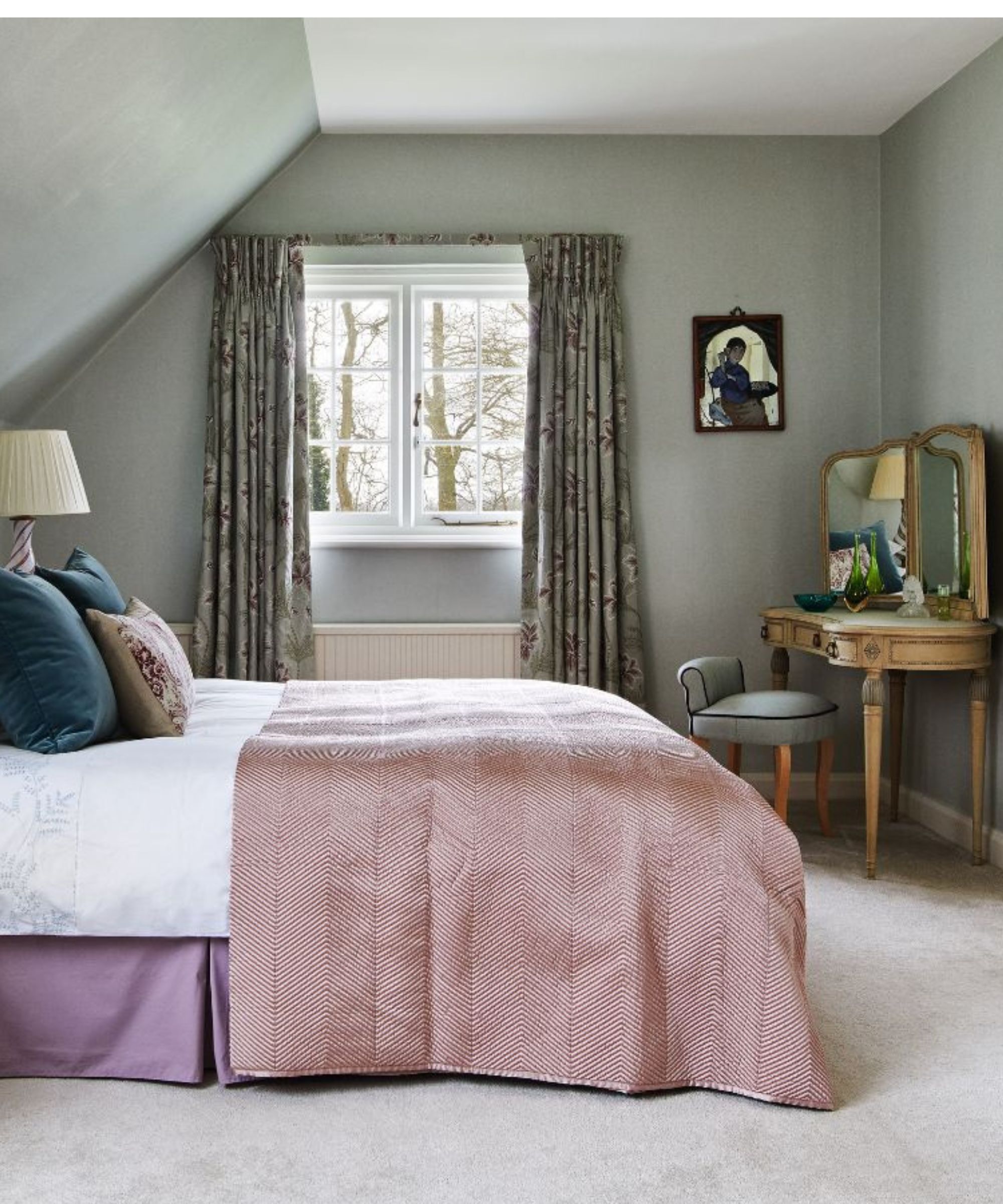
Close curtains, especially in south-facing rooms.
Another common summer HVAC mistake is focusing solely on decreasing temperatures and not doing anything to minimize heat gain. Dereck explains, ‘Sunlight can raise indoor temps significantly, forcing your AC to try to overcompensate.’
Design expertise in your inbox – from inspiring decorating ideas and beautiful celebrity homes to practical gardening advice and shopping round-ups.
To rectify this, he recommends trying the caveman cooling method. ‘Close blinds during peak hours or use heat-reflecting films from Walmart. As part of a long-term plan, you can also invest in landscaping that provides more shade, planting taller plants around windows to block out the sun’s rays, with the added benefit of extra privacy. These upgrades can help cut indoor heat gain.’
Blackout thermal curtains, available in almost 50 colors at Wayfair, are also a smart investment, helping to block out the sun in summer and keep out the cold in winter.
3. Neglecting your system
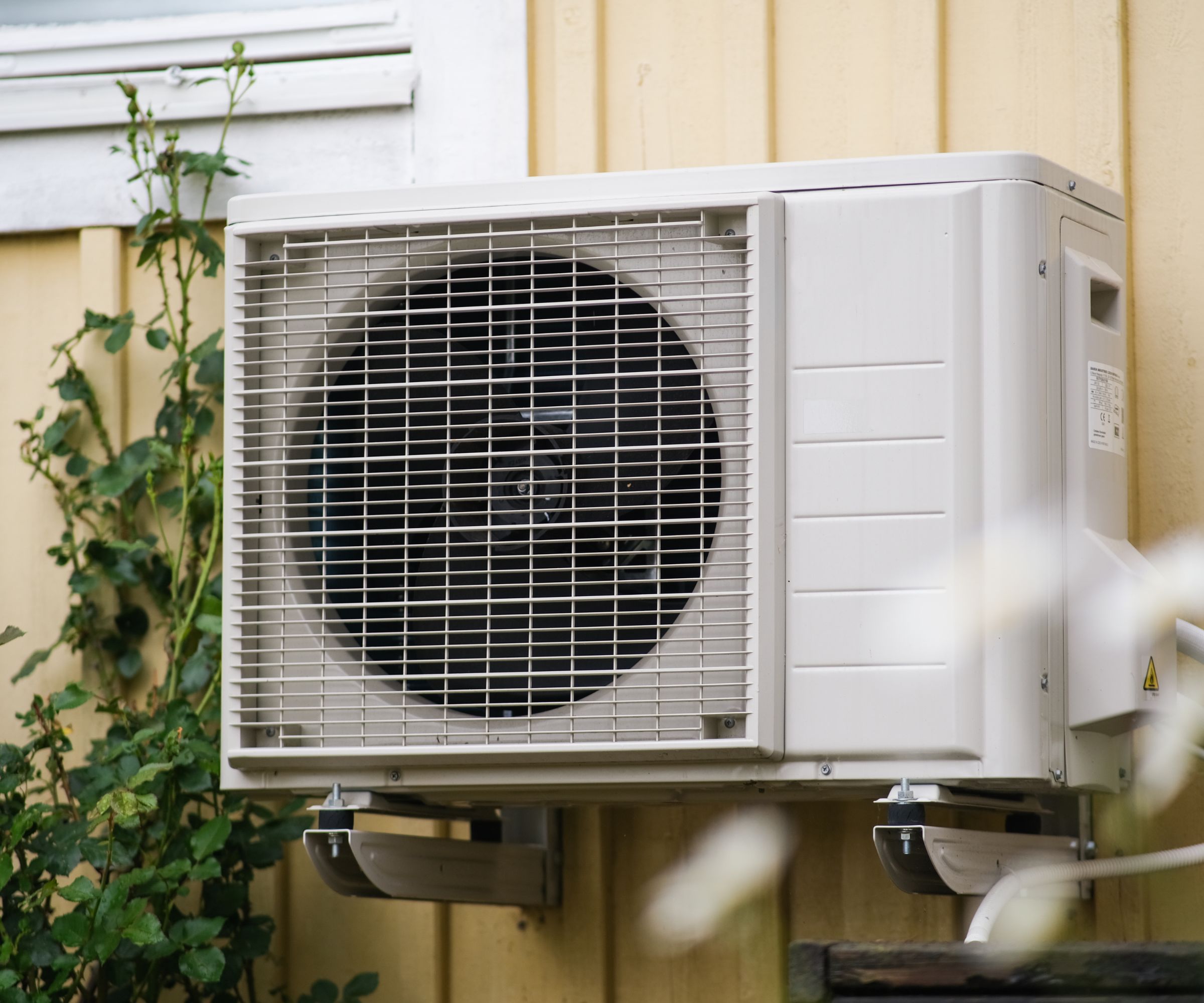
Have your unit professionally serviced regularly.
Not knowing how often your HVAC system should be serviced is a common slip-up that can result in higher energy bills in summer. Randy Boutte, an HVAC expert at HomeServe, says, ‘System neglect is the number one contributing factor for poor air conditioning performance. People often neglect regular maintenance, leading to plugged condenser coils, air filters, or evaporators. Even if a condenser looks clean, the fins or coils might be soiled with debris, hindering efficiency.
‘A neglected system has to work harder to achieve the desired cooling, consuming more energy and driving up utility bills. It also increases the risk of premature system failure, leading to costly repairs or replacements.
‘Air conditioning systems should be tuned up every year,’ Randy explains. ‘This ensures proper cooling performance and prevents premature system failure. Regular maintenance includes checking and cleaning coils, filters, and ensuring proper refrigerant levels.’
It is also wise to brush up on the signs your HVAC system needs replacing, so you can take action against a potentially faulty unit quickly, cutting energy bills and negating a common household fire risk.
4. Forgetting about insulation
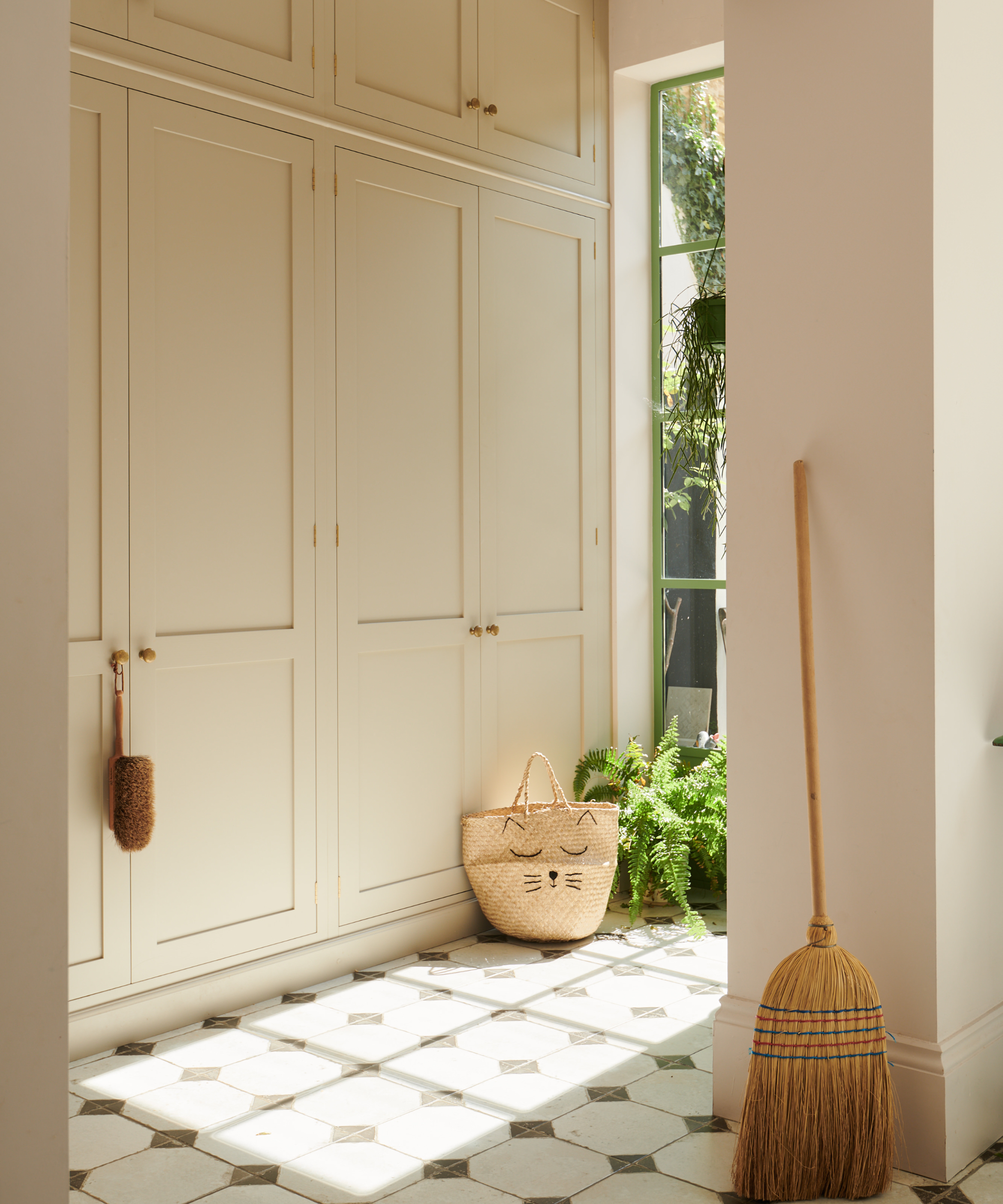
Block drafts and prevent air transfer to minimize cool air loss.
Usually, we do not think about attic insulation and draft-proofing until winter, when we focus on the heating mistakes driving up bills.
However, as Randy explains, ‘Many older homes have very loose construction and subpar insulation. This allows significant heat infiltration from the outside, as heat naturally moves to colder areas. Window quality also plays a role. The AC system constantly battles the incoming heat, running longer and more frequently to maintain the set temperature, thus increasing energy consumption and bills.’
Unfortunately, this is a more expensive summer home improvement, but it has long-term savings benefits. Randy suggests, ‘Updating the windows and increasing the insulation R-value in your home can have a major impact on how cool your house can get and how long it will stay cool in between cycles. This reduces the amount of heat the AC system needs to remove, making it more efficient.’
For a cheaper, quicker fix, seal up gaps and drafts around your home using GE Silicone All Purpose Sealant, available at Walmart, or foam weather stripping, also from Walmart, to prevent cool air from escaping.
5. Only relying on AC
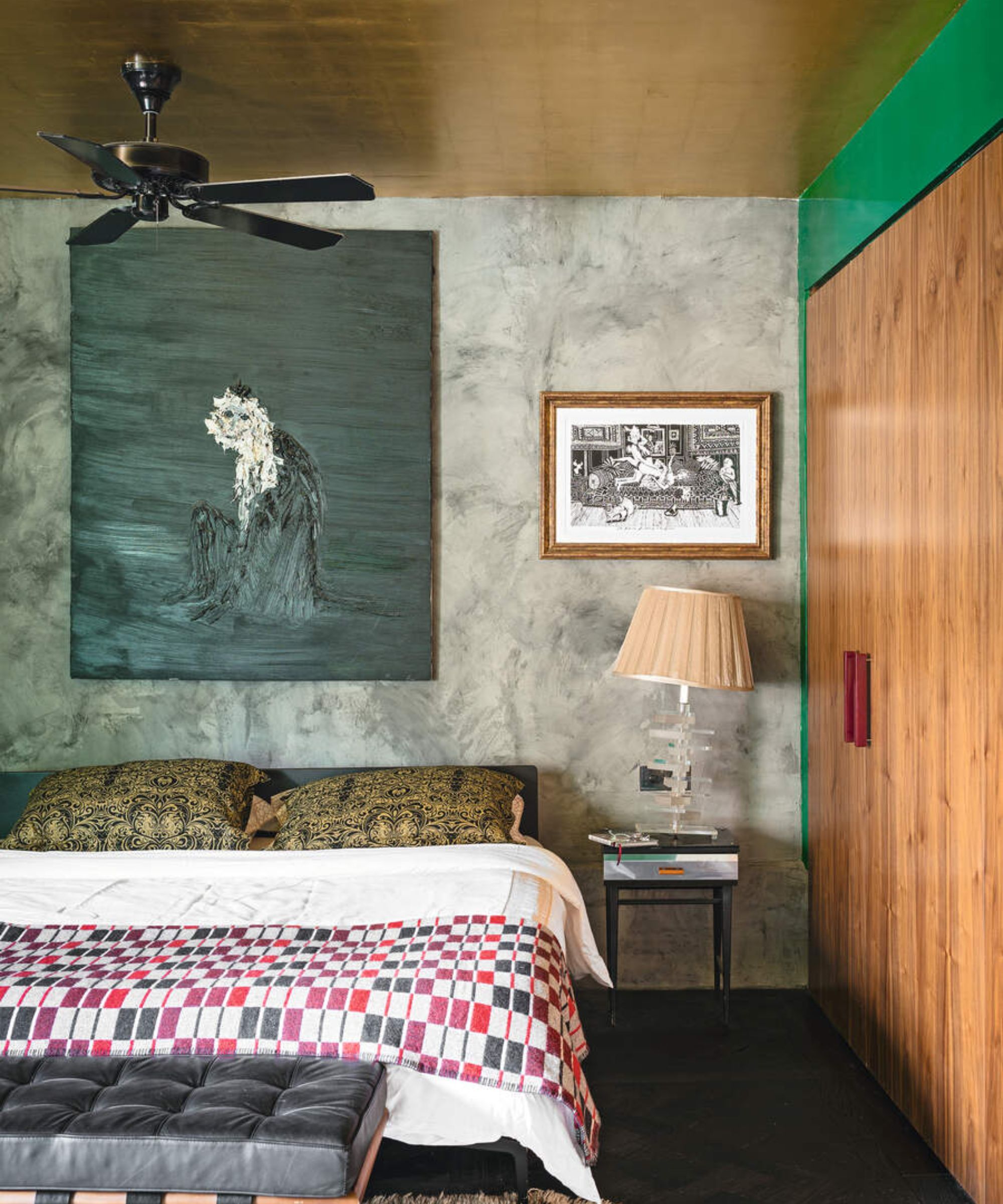
Fans can increase the efficacy of your AC unit while cutting energy usage.
If you have built-in AC, you might not see the value in cooling a room with fans, however, this is a common summer HVAC mistake that could be increasing your bill.
Mark Woodruff, senior product manager at Trane, shares, ‘While it might seem best to depend entirely on your HVAC system, doing so can strain it and reduce its cooling efficiency. Fans, on the other hand, can make you feel up to four degrees cooler thanks to the wind chill effect. By using stand, box, or ceiling fans, you can stay comfortable while setting your thermostat a few degrees higher.’
We recommend the Shark FlexBreeze fan, from Best Buy. It can be used as both a standing and table fan, and is charged for cordless use outside, earning it five stars in our FlexBreeze fan review.
When using a ceiling fan to recirculate the cool air from a HVAC system, make sure to set the right fan direction to cool a room to avoid accidentally heating up your home and increasing your energy bills.
6. Constantly changing your thermostat
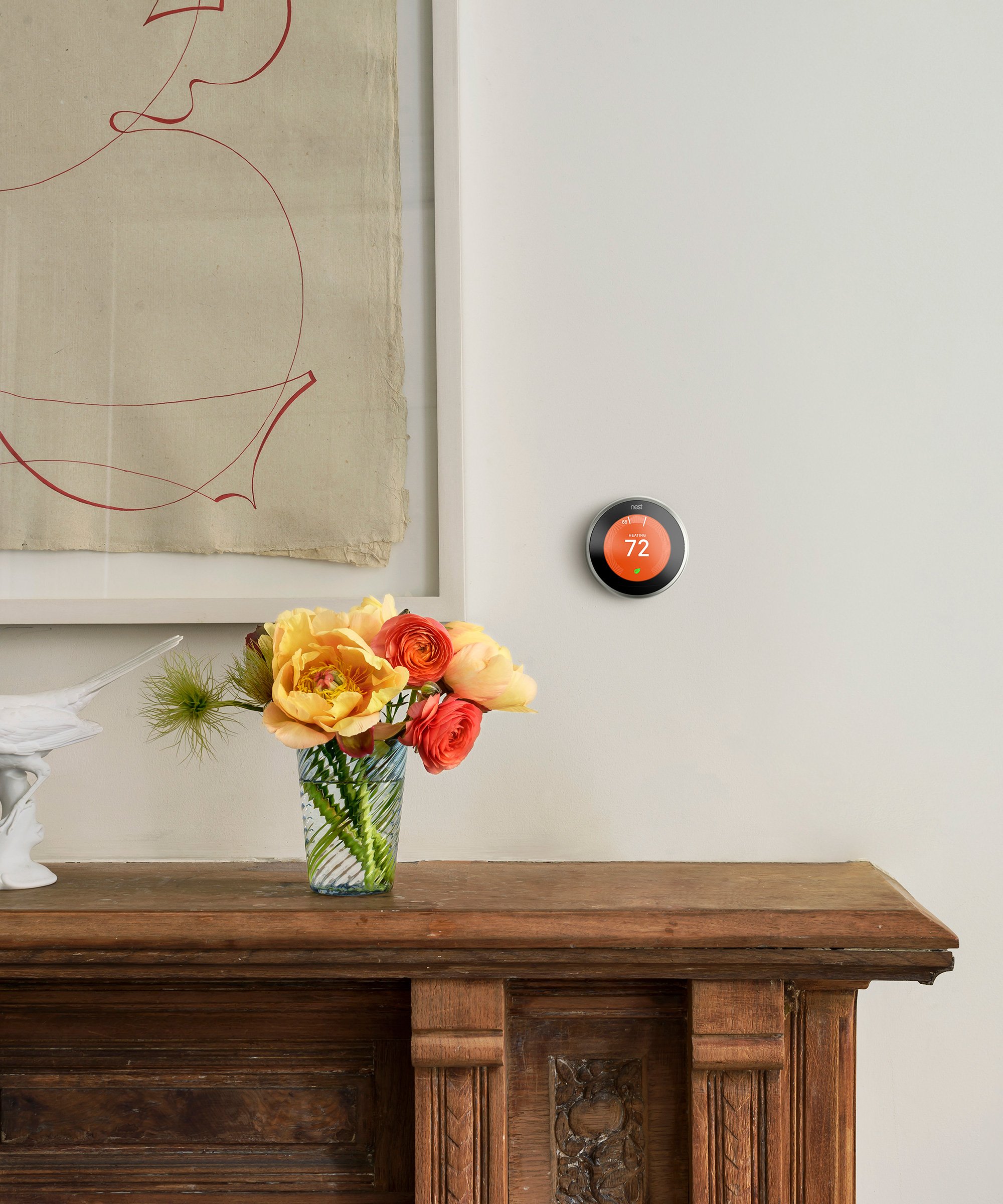
Smart thermostats can create set schedules to maintain a constant temperature in your home.
Thermostat settings can be a contentious issue in many households; however, there is one best temperature to set a thermostat in summer, and constantly changing it can drive up your energy bills.
Randy urges, ‘Don’t constantly adjust your temperature. For example, don’t turn your thermostat up every time you leave the house. This lets the house get too hot, and then trying to rapidly cool it down can be inefficient. The system has to work twice as hard to get the house comfortable after a significant temperature increase, leading to higher energy consumption.’
Rather than having your HVAC system running constantly, consider using a smart thermostat, such as the Amazon Smart Programmable Thermostat from Best Buy, which can set your system on a schedule and keep your home at a consistent temperature all summer long.
Head of Solved, Punteha van Terheyden, saw her energy bills slashed by 50% after installing a smart thermostat in her home.
7. Using heat-generating appliances at peak temperatures
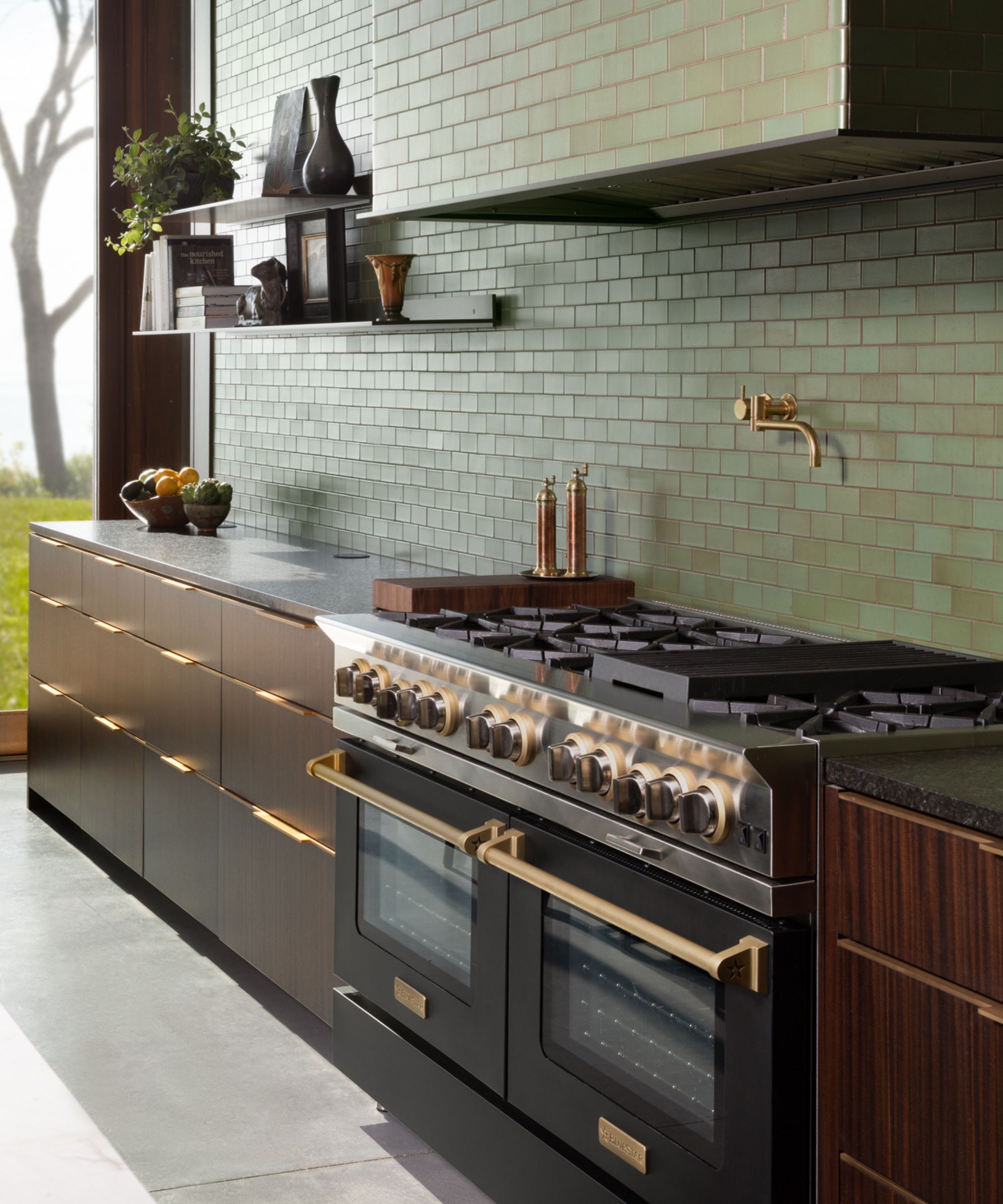
Avoid adding more heat into your home and forcing your HVAC system to work harder.
One of the worst things you can do in a heatwave is use heat-generating appliances when the temperature spikes. It might not seem like something that would affect your HVAC system, but the more heat you add to your home, the harder it has to work and the higher your energy bills will be.
When the temperature outside is at its hottest, avoid using appliances such as your oven, stove, or tumble dryer, saving these tasks for the start and end of the day when the temperatures dip.
What to shop
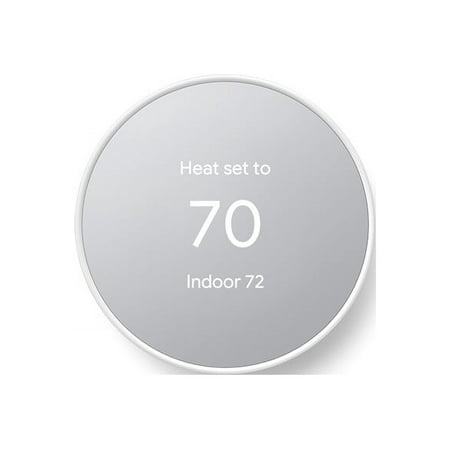
This ENERGY STAR certified smart thermostat for home that helps you save energy and stay comfortable. It works with your HVAC system to monitor your heating and cooling systems, and send alerts straight to your phone if something doesn't seem right.
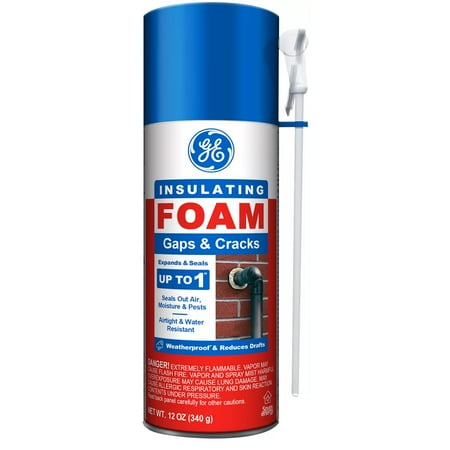
Cool air leaking out of your home and hot air getting in will make your HVAC system work harder and quickly raise your energy bills. This expanding foam makes light work of sealing gaps around windows and doors to improve energy efficiency.
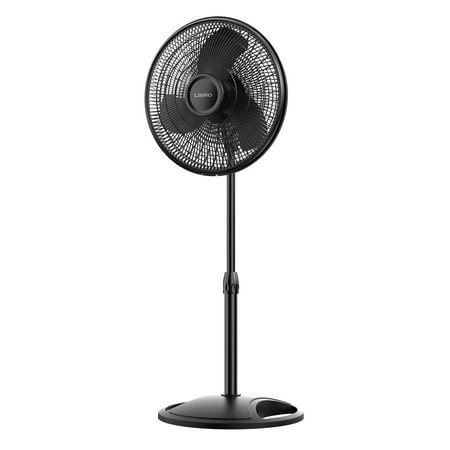
This simple oscillating fan can help your AC, recirculate cold air to make a home feel cooler, so you do not have to run your AC for as long to feel the effects.
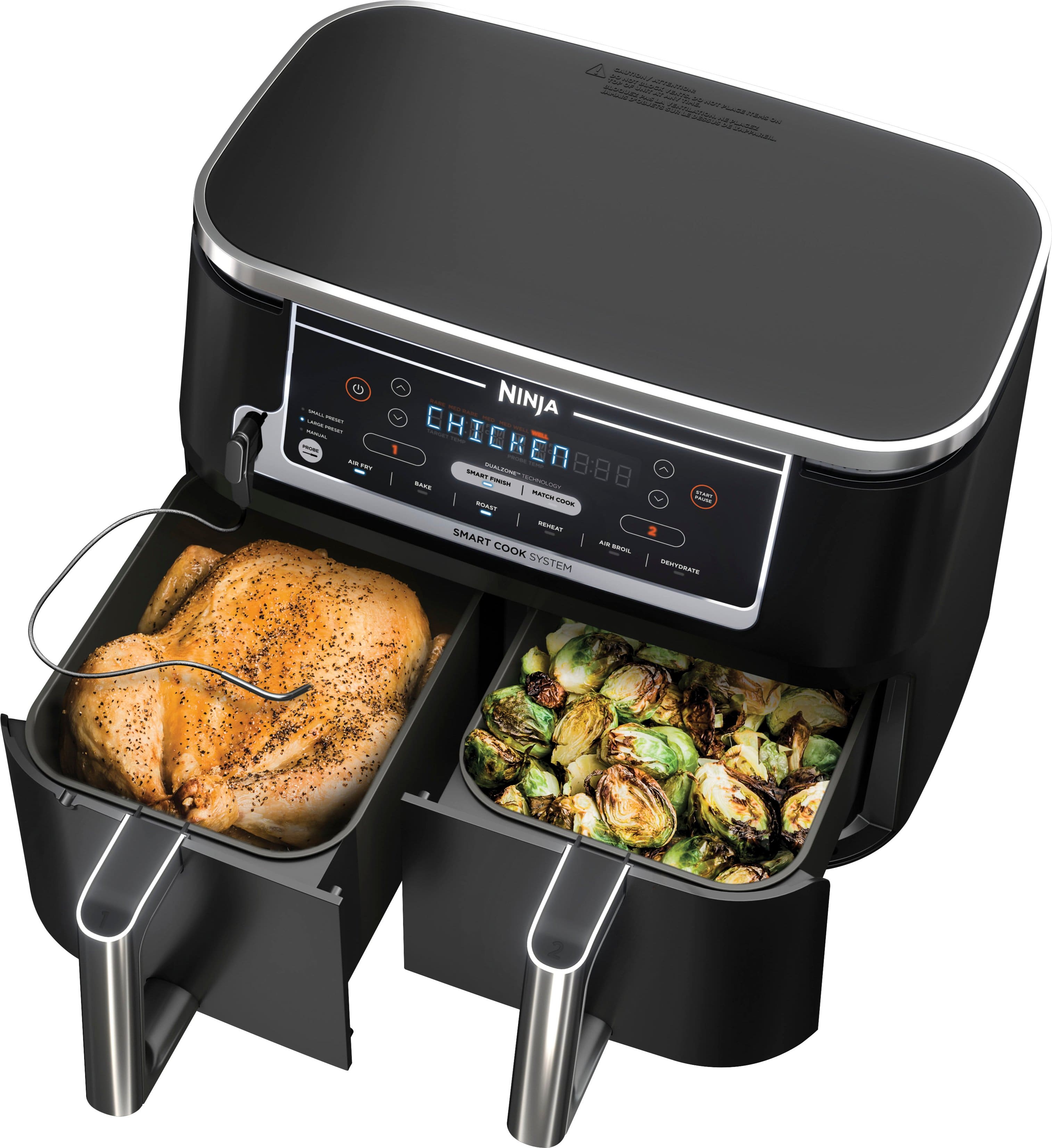
Air fryers still produce heat, but not as much as an oven or stove, plus they tend to cook food more quickly, reducing how much heat you add to your home when cooking in a heatwave.
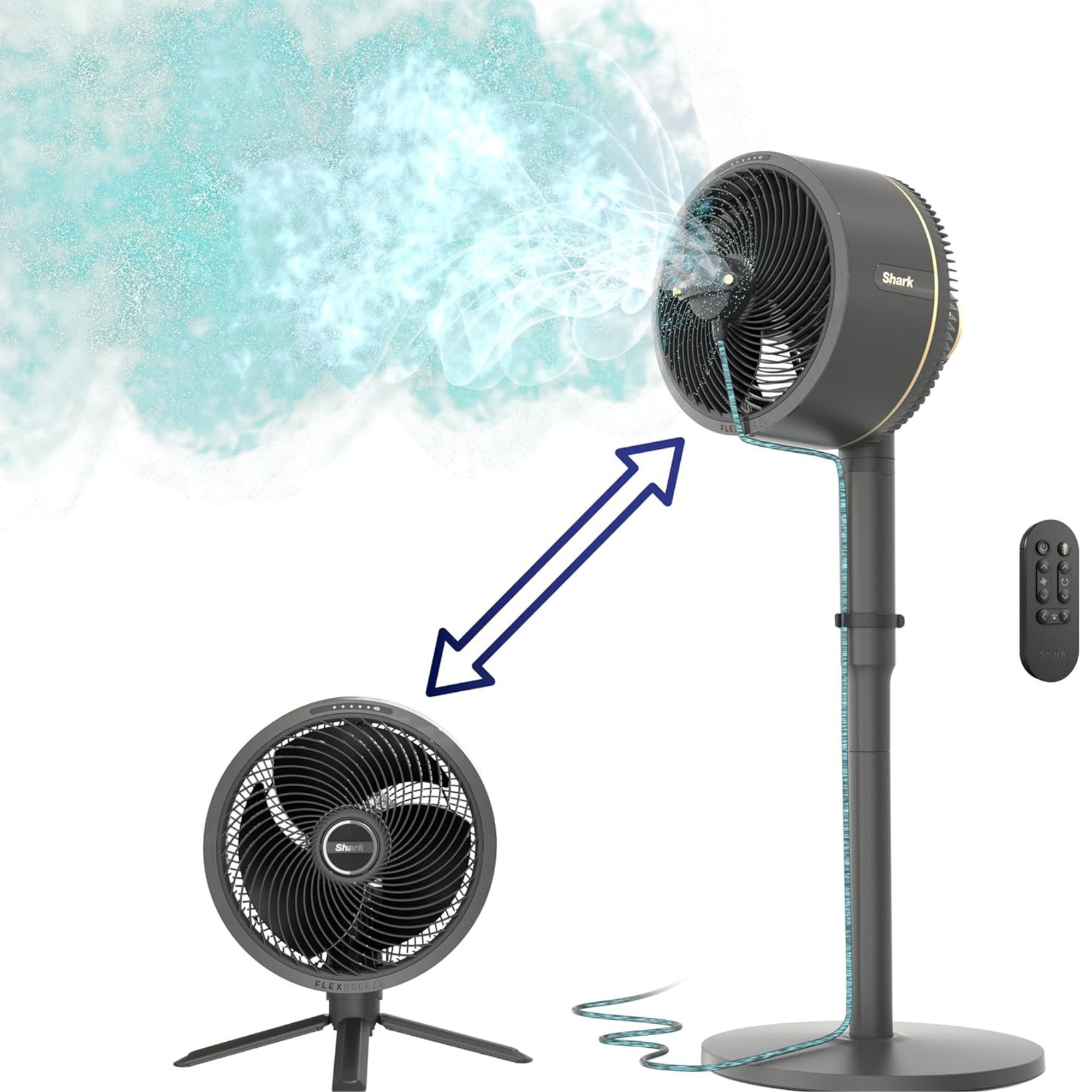
The Shark FlexBreeze Fan works both outdoors and indoors, cordless & corded, transforming from pedestal to tabletop with 70 ft range and up to 24-hour runtime.
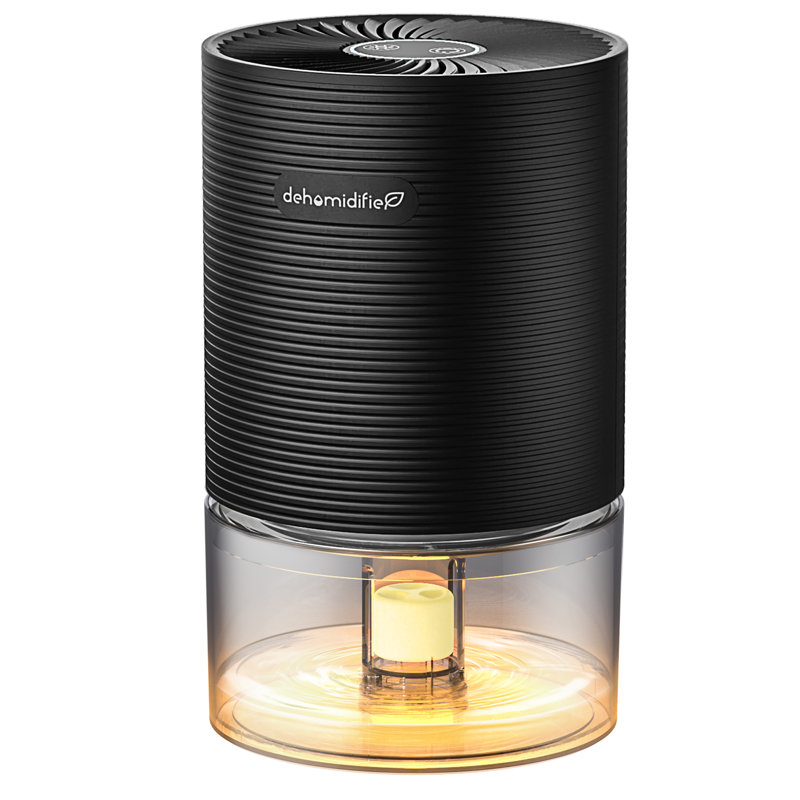
A humid room is hard to cool down and feels more oppressive. Using a dehumidifer to help reach the best humidity for a home can make your environment more comfortable and save on AC running costs.
FAQs
What is the 3-minute rule for air conditioners?
The three-minute rule for air conditioners requires you to wait at least three minutes after turning an air conditioner off before turning it back on again. This gives the refrigerant pressure time to equalize, avoiding potential damage to the compressor and improving your AC unit’s efficiency.
Meet the experts
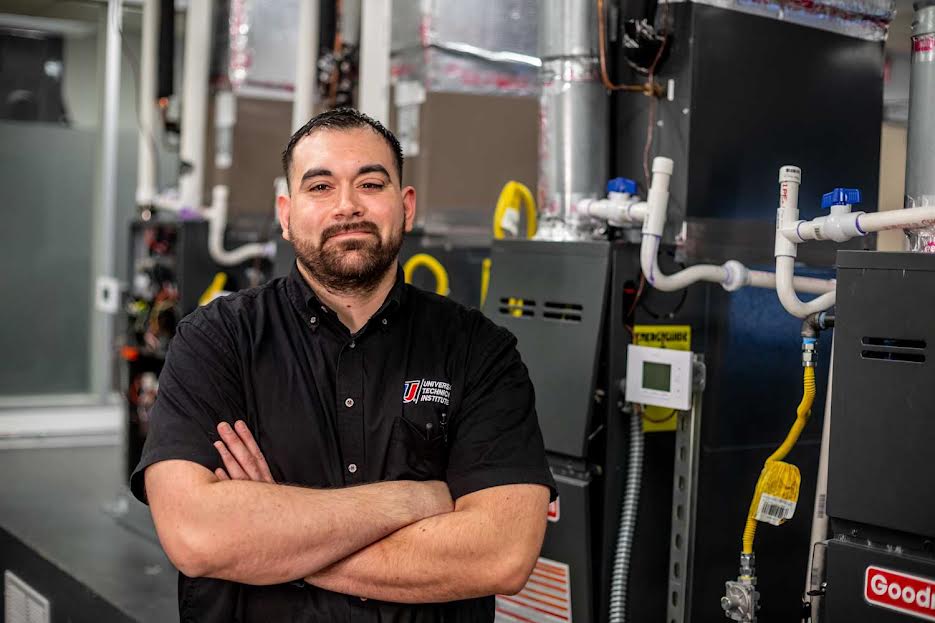
Dereck has been teaching the next generations of HVCA technicians since 2015.

Randy is a former HVAC Technician and now serves as HomeServe's Manager of Technician Training, HVAC, and has over 20 years of experience in the field and is a Certified NATE Proctor and Certificate Holder.
Keeping cool while reducing bills goes beyond maintaining an AC and trying smart cooling hacks. For long-term benefits, consider investing in designing a home that stays cool naturally, making your AC more efficient over time.
Do you know about the boiler mistake spiking the temperature in your home in summer?

Chiana is Homes & Gardens’ kitchen appliances editor. With a lifelong passion for cooking and baking, she grew up experimenting in the kitchen every weekend with her baking-extraordinaire Mom, and has developed a great understanding of how tools and appliances can make or break your ideal relaxing kitchen routine.